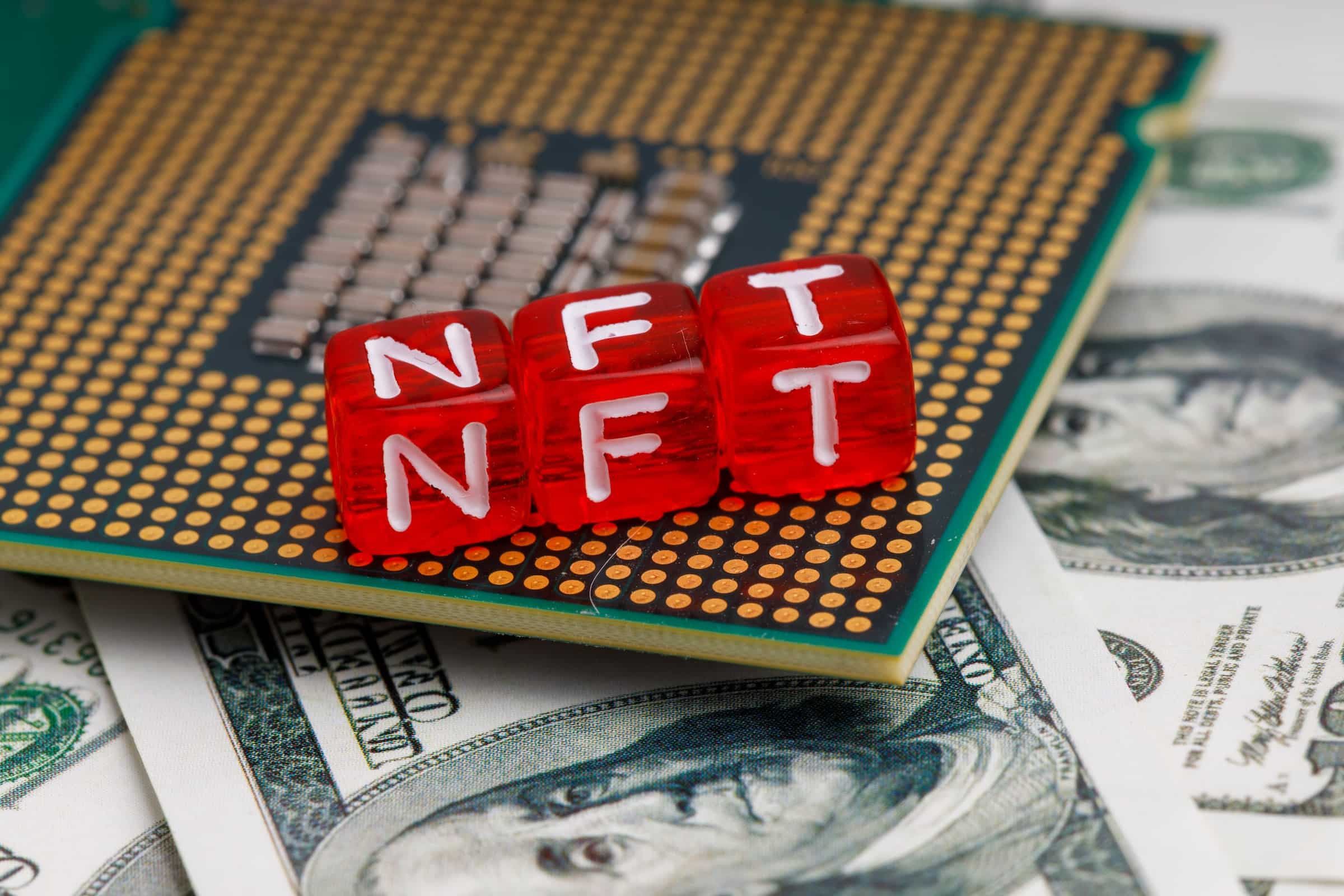Non-fungible tokens (NFTs) are now a major part of the cryptocurrency space. They have been adopted in many use cases, including music, event ticketing, virtual real estate, gaming, food and drink, as well as supply chain.
One of the most recent use cases which you may not know about however is in lending. You can now use your NFTs as collateral to secure loans, which is something that NFT holders will be excited about.
In this guide, we explain what NFT loans are, how they work, and how you too can use your NFTs to secure loans.
What are NFT loans?
NFT loans allow you to use your NFTs as collateral to secure a loan. This serves as a bridge between decentralized finance (DeFi), and the world of digital arts, collectibles, virtual real estate, and other tokenized assets.
Before now, only fungible cryptocurrencies like Bitcoin and ether were used as collateral for loans, but that is starting to change as NFTs continue to grow in popularity. Some NFTs are worth so much more than any of the top crypto assets, so it makes sense that they too can be used as collateral for loans.
There are key metrics to consider when looking into an NFT loan. These include loan-to-value (LTV), liquidation ratio, and NFT floor price.
How NFT loans work
NFT loans work in a way similar to traditional loans. First, the borrower requests for a loan on a lending platform that supports NFT loans using their NFTs as collateral. You can find platforms issuing NFT loans by checking the products page or searching different DeFi apps.
A quick Google search will also bring up good results you can start with. Look for the best platform with the best loan terms, solid reputation, and track record if you are thinking about getting an NFT loan.
The platform will then assess the application based on the value of the NFT. It is advisable to use established NFTs because the appraisal stage is easier if the NFT has a stable secondary market price history. Once the appraisal is complete and the lender is satisfied with the NFT value, they issue the loan to the borrower.
The loan is usually issued in a stablecoin, and the NFT is then locked in a smart contract until the loan is repaid. The terms of the loan such as the desired amount, duration, and interest rate are specified in the mart contract.
Next, the borrower repays the loan to the lender. Once this is done successfully, the NFT is unlocked and returned to him. However if for any reason the borrower fails to repay after the due date, the smart contract automatically transfers the NFT collateral to the lender in a process known as liquidation.
Pros of NFT loans
The following are some advantages of NFT loans.
Unlocks liquidity
With a high-value NFT, you can unlock liquidity without selling your NFT. This can be particularly useful if you need some urgent cash but wish to hold onto your NFT at the moment.
No credit checks
Getting an NFT loan does not require credit checks, so even people with the worst credit history can get a loan. All they need is a high-value NFT as collateral.
Bringing DeFi to digital art space
Before now, it was unthinkable that lending would become a reality for NFTs. Thanks to NFT loans, this is a reality today that has brought lending into the digital art world.
Cons of NFT loans
Here are some cons of NFT loans as well.
Price volatility
NFT prices can be very volatile, making it difficult to accurately determine their value as loan collateral.
Low liquidity
NFTs are known to be less liquid than fungible cryptocurrencies like Bitcoin or Ethereum. This means the lender may run into trouble selling the NFT to recover funds if a borrower defaults.
Smart contract failures
Smart contracts that control NFT loans are written by humans. As a result, they may have some bugs that make them malfunction. This can completely compromise the lending process, causing loss to the lender or the borrower.
At Tokenhell, we help over 5,000 crypto companies amplify their content reach—and you can join them! For inquiries, reach out to us at info@tokenhell.com. Please remember, cryptocurrencies are highly volatile assets. Always conduct thorough research before making any investment decisions. Some content on this website, including posts under Crypto Cable, Sponsored Articles, and Press Releases, is provided by guest contributors or paid sponsors. The views expressed in these posts do not necessarily represent the opinions of Tokenhell. We are not responsible for the accuracy, quality, or reliability of any third-party content, advertisements, products, or banners featured on this site. For more details, please review our full terms and conditions / disclaimer.



